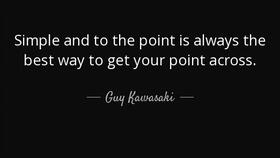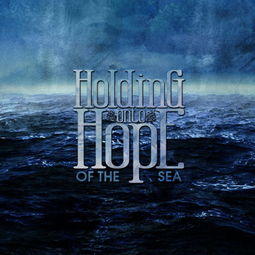Content:
Fishing is an ancient pastime that has been enjoyed by people across the globe for centuries. Whether you're a seasoned angler or a beginner looking to improve your skills, there's always room to learn and enhance your fishing experience. In this article, we'll delve into the secrets of how to fish with high skill and achieve a successful catch. So, let's dive in and explore the ins and outs of fishing techniques that will elevate your angling prowess.
Understanding the Basics
Before we delve into the nitty-gritty of fishing techniques, it's essential to have a solid understanding of the basics. Here are some fundamental principles to keep in mind:
Choose the Right Equipment: The first step to becoming a skilled angler is to invest in the right gear. This includes a suitable rod, reel, line, hooks, and bait. The type of fish you're targeting will dictate the equipment you need.
Learn the Lingo: Familiarize yourself with fishing terminology to communicate effectively with other anglers and understand fishing reports.
Understand the Fish: Different fish species have different habits and preferences. Research the species you're targeting to understand their behavior, feeding patterns, and preferred habitats.
Advanced Fishing Techniques
Now that you have a grasp of the basics, let's move on to some advanced fishing techniques that will help you catch more fish with higher skill:
Master the Cast: A well-executed cast is crucial for successful fishing. Practice different casting techniques, such as the overhead cast, sidearm cast, and roll cast, to improve your accuracy and distance.
Learn to Read the Water: Observing the water's surface can provide valuable clues about fish activity. Look for signs like surface disturbances, boils, and bubbles, which indicate fish feeding.
Adjust Your Approach Based on Conditions: Weather, water temperature, and clarity can all impact fish behavior. Be prepared to adapt your tactics accordingly. For example, on hot days, fish may be deeper in the water column, so you'll need to adjust your lure presentation.
Use the Right Bait: The type of bait you use can make or break your fishing trip. Live bait, artificial lures, and natural baits all have their advantages and disadvantages. Experiment with different baits to see what works best in your fishing environment.
Timing is Key: Fish are more active at certain times of the day. Early morning and evening are typically the best times to fish, as this is when fish are most active and feeding. However, this can vary depending on the species and location.
Perfect the Hook Set: Once you've got a bite, the next step is to set the hook effectively. This requires a quick and firm pull on the line. Practice this technique to ensure you don't miss out on a potential catch.
Patience and Persistence: Fishing is a patient sport. Sometimes, you'll need to wait for hours before you get a bite. Stay focused and persistent, and remember that every fish caught is a learning experience.
Advanced Tips for High Skill Fishing
To take your fishing skills to the next level, consider the following advanced tips:
Understand the Fish's Sense of Smell and Taste: Fish have a highly developed sense of smell and taste. Use this to your advantage by using scented baits and lures.

Use a Variety of Lures: Experiment with different types of lures, such as spinners, jigs, and crankbaits. Each lure has its unique action and appeal to fish.
Adjust Your Lure Presentation: The way you retrieve your lure can make a significant difference. Try varying your retrieve speed, depth, and rhythm to mimic the natural movement of prey.
Use a Fish Finder: A fish finder can be a valuable tool for locating fish in the water. Learn how to read the display and use it to your advantage.
Join a Fishing Club or Group: Connecting with other anglers can provide you with valuable insights and tips. You can also learn from the experiences of more seasoned anglers.
Keep Learning: The world of fishing is vast and ever-evolving. Stay curious and keep learning new techniques and strategies to improve your skill level.
In conclusion, achieving high skill in fishing and having a successful catch involves a combination of knowledge, practice, and patience. By understanding the basics, mastering advanced techniques, and staying adaptable to changing conditions, you'll be well on your way to becoming a skilled angler. So, grab your rod, tie on your line, and start applying these tips to elevate your fishing experience. Happy fishing!












